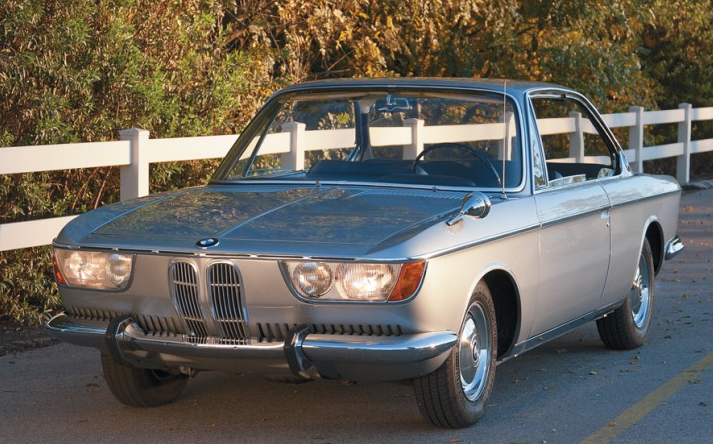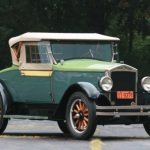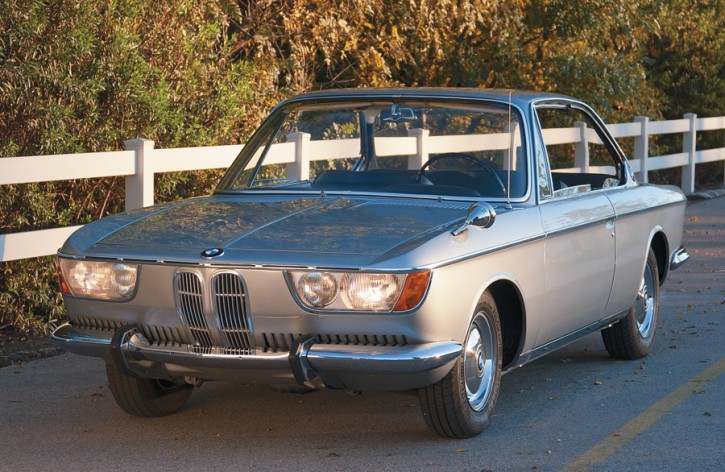
Note: This article is reprinted from the August 2015 issue of Collectible Automobile
By Jack Stewart
Photos by Vince Manocchi
BMW as we know it today began with the “New Class” 1500 introduced in 1962. The 1500 was a compact four-door sedan with good handling and performance, and with it BMW found its niche. The 1500 was powered by a 1.5-liter ohc four-cylinder engine—the M10—that liked to rev and also proved durable. Meanwhile, four-wheel independent suspension and front disc brakes made the New Class cars entertaining to drive.
Cheap Wheels: 1976-1983 Renault 5/Le Car
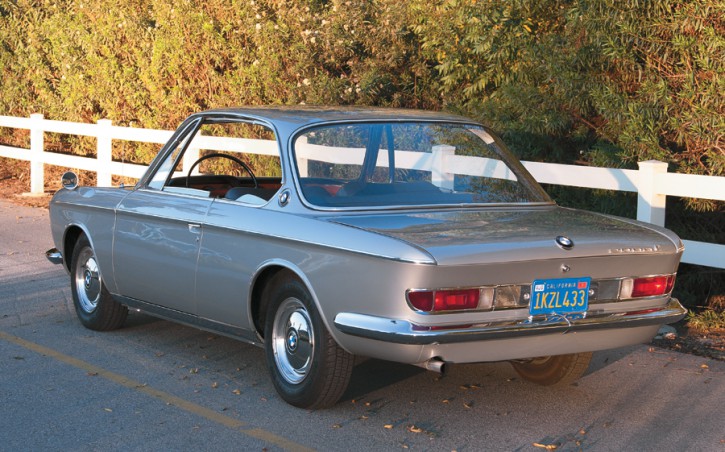
BMW expanded on its success with variations on this winning theme. The M10 engine was offered in larger sizes. Then a shorter, lighter 2002 two-door sedan came out with even better performance than the four-door, and established BMW as the builder of “ultimate driving machines.” The 2002 gave way to the iconic 3 Series in the mid Seventies.
In between these two developments, a graceful 2000 coupe was introduced during 1965. The 2000 shared the sedan’s mechanical components and 100.4-inch wheelbase, but had its own sheetmetal, which was formed by coachbuilder Karmann. The 2000 was designed for style and luxury rather than outright performance, and was actually 65 pounds heavier than the sedan. It used the largest 1990cc version of the M10 engine, and was offered in two states of tune. The 2000C used a single Solex carburetor and developed 100 horsepower, while the 2000CS used dual Solex carbs for 120 hp. The C had a top speed of 105 mph; the CS was good for 115. The sportier CS also had a standard anti-roll bar that was optional on the C.
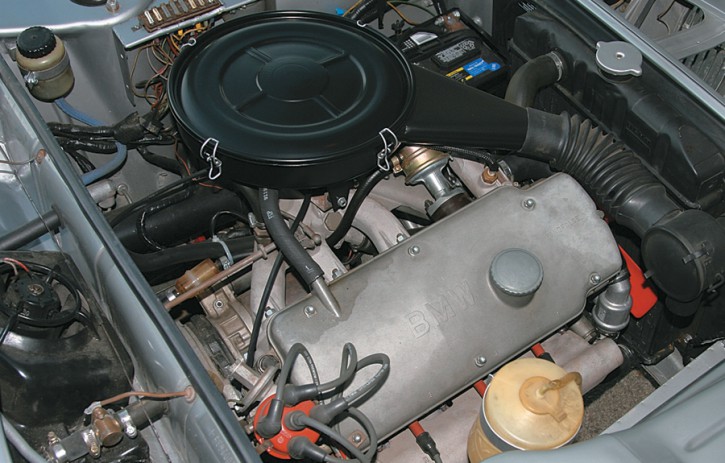
BMW added a more powerful six-cylinder version of the coupe in 1968. It immediately outsold the 2000C/CS fours, which were dropped after 1969. Today, the 2000 coupe is a rare car in the U.S.
More classic-car Photo Features
The 1967 2000C featured here is owned by Christian Weissmann of Simi Valley, California. When he purchased it, the car had little rust but otherwise was in bad shape. The engine was shot, the radiator had a hole, and the dashboard was almost nonexistent. As the BMW was being towed to its new home, the brake pads dragged and caused a small fire.
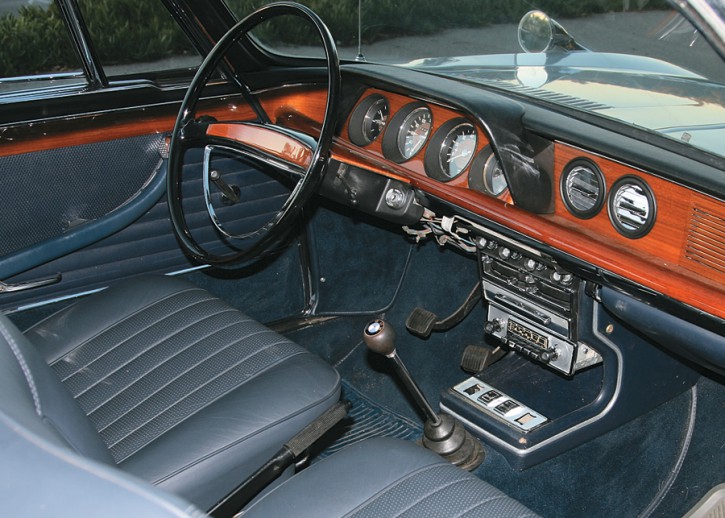
Restoration required two donor cars for parts. Weissmann insisted on authentic parts, with many NOS components from Germany. Even the tires are the original-specification narrow 175mm width as equipped by BMW in 1967. However, the flush headlights are European-style units rather than the exposed quad headlights required for American-market cars. Many aspects of the restoration, such as chrome plating, were done twice to reach a high standard—though the dashboard’s wood trim turned out exceptionally well the first time, he reports. It’s not surprising that the 2000C won a best in class at a vintage-BMW meet.
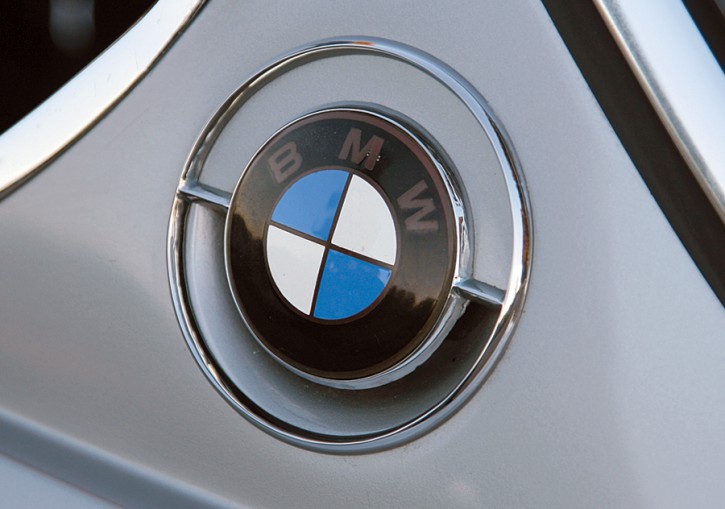
Weissmann says the 2000C “drives really nice and is a good cruiser.” Although heavier than a 2002, the 2000C handles great. He adds that the ride is so smooth that his wife can apply her makeup while he’s driving.
1953 Dannenhauer and Stauss Cabriolet

